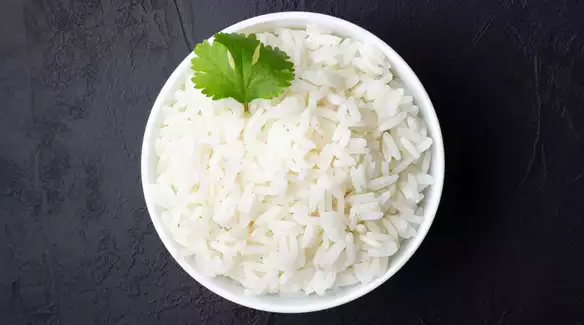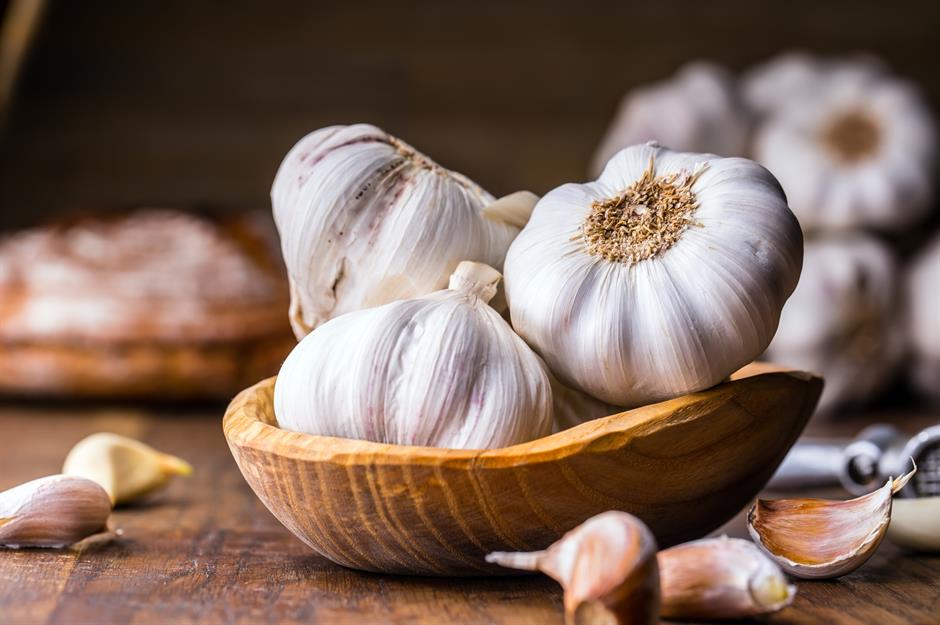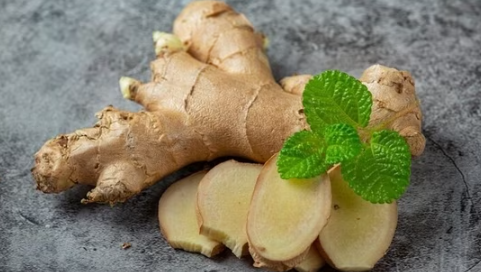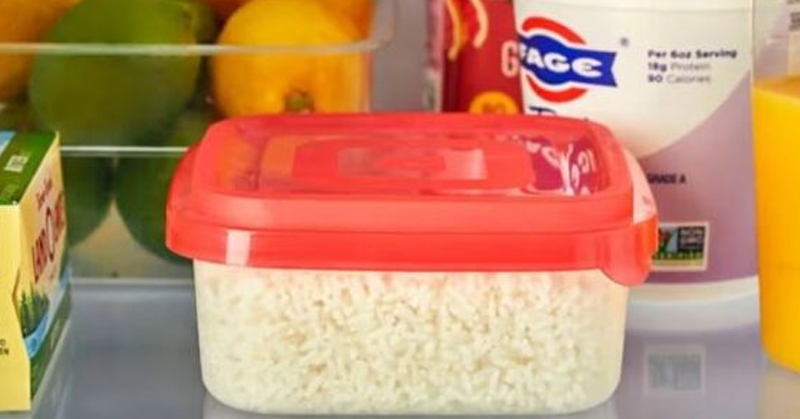Technology has made life easier. From the microwave to the refrigerator, we have many gadgets in the kitchen that make life simpler. But did you know that sometimes these gadgets can become our foes, transforming innocent ingredients into health hazards?
Yes, today we’re diving into the world of fridges and how they can turn some of the most common foods toxic. Ready for some eye-opening kitchen revelations? Let’s get into it!
1. Cooked Rice

First up, our beloved rice. According to the National Health Service in the U.K., refrigerating rice can lead to nasty food poisoning. Yes, that satisfying bowl of leftover fried rice could become a petri dish of doom if left in the fridge for over 24 hours. Ideally, rice should see the inside of your fridge for no more than 2 hours. Beyond that, certain molds can start to party. Reheating it multiple times? That’s just asking for trouble, my friend.
2. Onions

Next, we have onions. Oh, the tears they’ve seen us shed! Onions don’t play well with the cold. When chilled, their starch starts converting into sugar, welcoming mold like an old friend. Ever stored a half-cut onion in the fridge? Well, it’s like rolling out a red carpet for unhealthy bacteria and molds. In fact, onions are so good at absorbing bacteria that a slice of onion in a room can collect all the germs floating around. Impressive, but definitely not something you want to eat.
3. Garlic

Ah, garlic — the heart and soul of many culinary wonders. But refrigerate it, and you might as well be throwing a fungus fiesta. Unpeeled, room-temperature storage is garlic’s happy place. Refrigeration can destroy its essential oils and nutrients, sacrificing both flavor and health benefits. Plus, eating moldy garlic? Not the savory adventure you’re looking for. Think nausea, stomach upset, and even liver damage.
4. Ginger

Lastly, our zingy friend ginger. Now, freezing or refrigerating ginger might seem like a good idea, but think again. This spicy root catches mold faster than a sneeze spreads germs in winter. And that mold? Linked to kidney and liver woes! Fresh ginger relieves bloating and gas, thanks to its robust antioxidants, but none of those benefits apply when it’s sporting a fuzzy, green coat.
So there you have it. Four kitchen staples that, surprisingly, should never cozy up in your fridge. Stick to these guidelines, and your food will thank you — no mold, no poison, just delicious and safe meals. Until next time, happy cooking and even happier eating!




